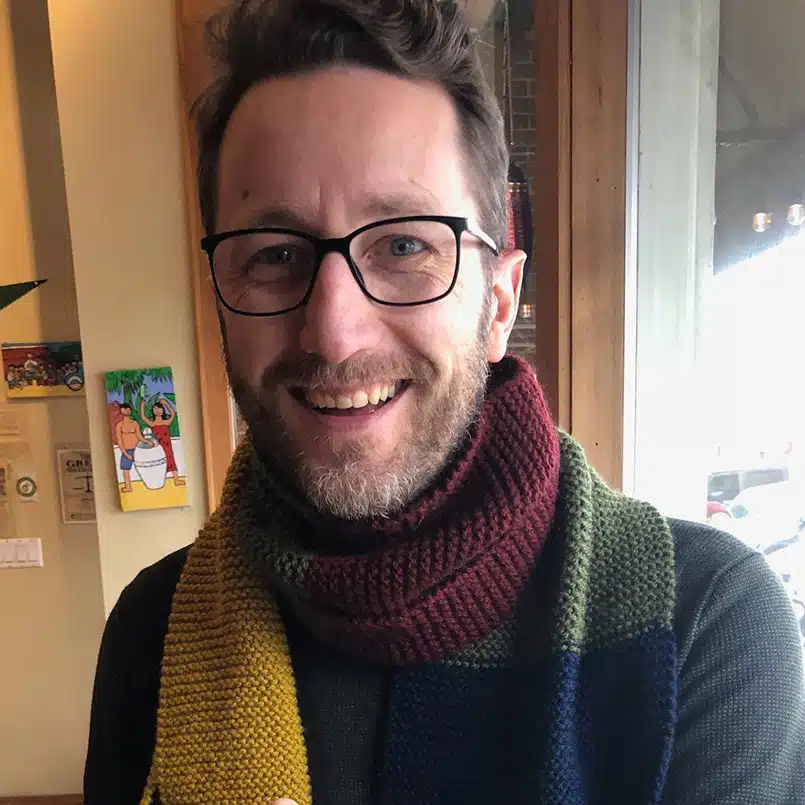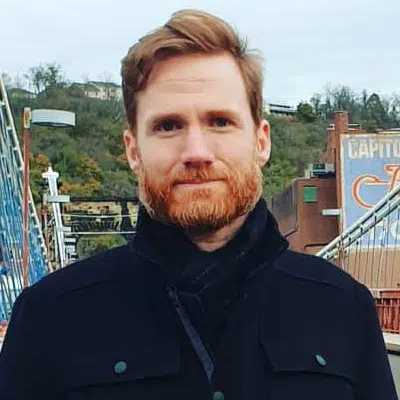
Invited Speakers

Dr. James Hale
Department of Sociology
Colorado State University

Tristan Claridge
Institute for Social Capital
In this talk James Hale and Tristan Claridge will discuss the concept of cultural capital within the context of community development, as well as its connections to social capital. James and Tristan recently connected about a review paper that James and co-authors published last year in the Journal of Rural Studies entitled “A systematic review of cultural capital in US community development research”. After reviewing 123 United States based community development articles that deployed the concept of cultural capital, the study found there is a wide range of ways the concept is understood and used. Though often not well defined, the review suggests that it tends to be viewed as creative industries or amenities; a distinct social group; knowledge, values, attitudes, norms, and beliefs; place-based; and/or an exercise of power. It tends to be used in three ways in community development: as a resource that can be used to develop community, as something that needs to be preserved, or something that ought to shape the very efforts that aim to develop communities. The authors suggest that cultural capital can be viewed as a meta capital, that the concept highlights methodological tradeoffs, and that reflexivity is vital in deploying cultural capital.
James and Tristan have a number of questions for each other as they continue to unpack and expand beyond the paper further discussing the implications of different ways cultural capital is conceptualized and deployed; the role of researchers, practitioners, and community members; and the connections between cultural capital and social capital.
About the presenters:
Dr. James Hale is Research Scientist in the Department of Sociology at Colorado State University. He specializes in studying the socio-cultural, community, and governance dimensions of food systems, sustainability transitions, and development. James has spent time in both practitioner and research settings including working as a Peace Corps agroforestry agent in Malawi, helping spearhead alternative food network projects in Colorado, and leading related research projects at Colorado State University and the Colorado School of Public Health. He was also Postdoctoral Fellow at the Centre for Sustainability at the University of Otago in New Zealand examining social sustainability and accountability in agricultural industry. Currently he is doing engaged research on the socio-cultural, economic, civic, and institutional dimensions of community food systems and agricultural sustainability transitions such as improving soil health, food security, food sovereignty, and the adoption of agrivoltaics. James’ work has been published in journals such as Geoforum, Local Environment, Journal of Rural Studies, Community Development, Agriculture and Human Values, Social Science and Medicine, and Journal of Agriculture, Food Systems, and Community Development.
Tristan Claridge has been researching and applying social capital for over 20 years. Tristan is a geographer and environmental scientist with a passion for social processes and how social value is identified and communicated. Tristan has a deep and grounded understanding of social capital and its application, having worked on the concept from theoretical and practical perspectives. He draws on lessons from economics, sociology, political science, psychology, urban planning, and any other discipline that contributes understanding to the concept. In addition to his practical work with the concept, Tristan has been an active contributor to the academic debate about social capital. He has written over 200 open-access articles on social capital and related topics and is actively engaged in ongoing research.
About Our Webinar Series
This event is part of our regular webinar sessions for social capital researchers including PhD/master students. These sessions include invited presentations from prominent scholars as well as presentations by PhD students and experts in professional practice.
For social capital researchers, these sessions are an opportunity to hear about the latest social capital research and insights from scholars working on the concept. They can be a great way to connect with people, to get advice, discuss ideas or issues, get suggestions for literature to read, or you can just listen.
Are you researching social capital and want to present your research? Click here for more information and to submit a proposal.
Generally, presentations can be 20 to 45 mins. The content of your presentation will depend on your research stage.

